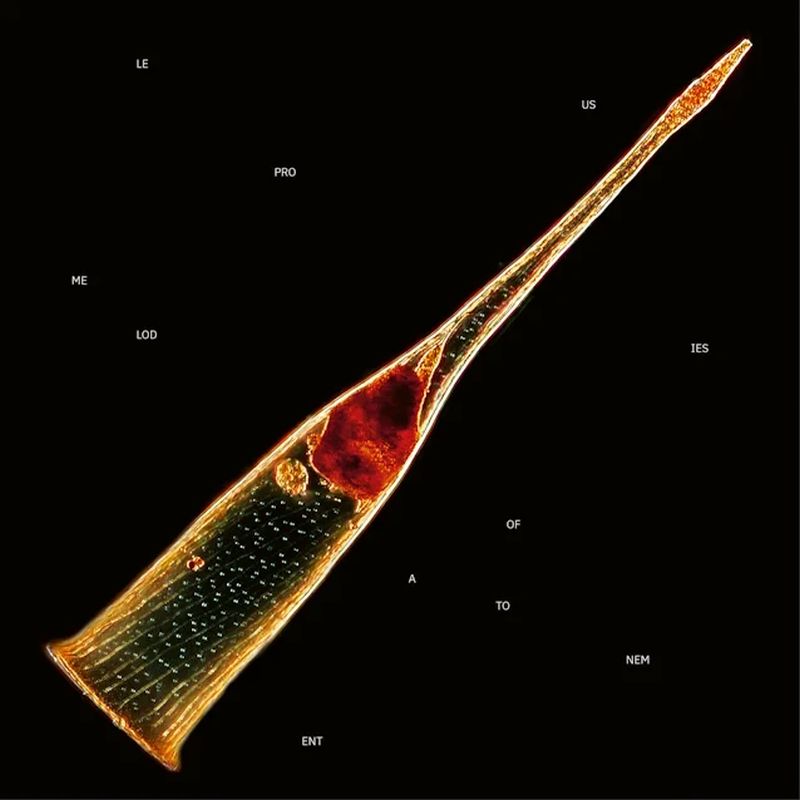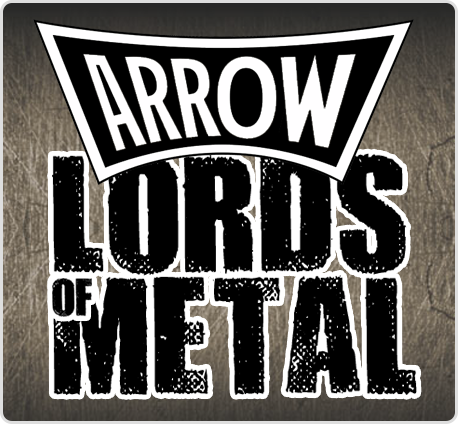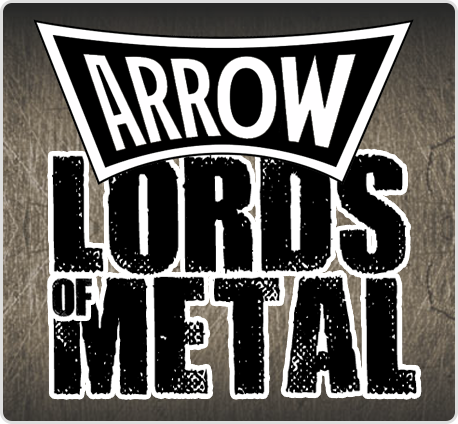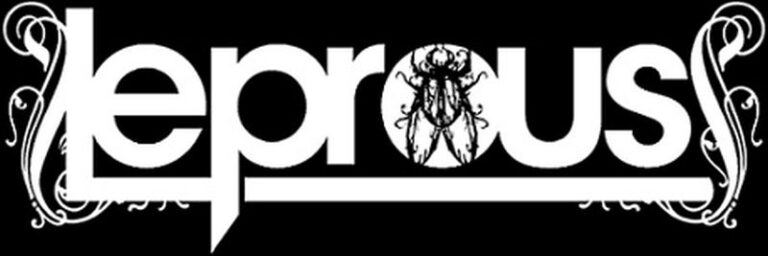
Leprous – Interview met Tor Oddmund Suhrke (guitars)
Tor Oddmund Suhrke: “It was a plan, part of the process, to focus a bit more on the band with kind of more band based compositions, not having these huge orchestral parts which we had for several albums. We wanted to focus on the band sound”.
Leprous zorgt met ieder album voor de nodige verrassingen. Zo hoort dat voor een progressieve rock/metal band met schitterende ideeën in volle bloei. Het ondernemende Noorse vijftal met Einar Solberg (zang, toetsen) en Tor Oddmund Suhrke (gitaar) als drijvende krachten heeft met ‘Melodies Of Atonement’ zonet zijn achtste studioalbum uitgebracht en deze opvolger van ‘Aphelion’ uit 2021 is een gesprek met gitarist Tor meer dan waard. Vandaar dat we middenin de EK hetze al een plekje gereserveerd hadden om deze eloquente dertiger te spreken.
Vera Matthijssens Ι 2 september 2024
Congratulations with the new album ‘Melodies Of Atonement’. It is pretty different from everything you did before, but that’s probably the challenge…
I definitely agree that it is going in another direction, compared to our previous albums, but you can still hear it is Leprous and we always like to try to not copy ourselves too much, to do something new when we release a new album. I think we managed to do that this time as well.
It is probably more interesting for the musicians as well if you differ on every album…
That is true. It is more interesting and it avoids going into routine I guess with how you record and everything. Just mixing it up a little bit to have a new flavour.
This time there are lots of electronics and special sounds and effects. How did you experience that as guitar player?
In a way we kind of switched out some of the synth/pop mix elements, like strings and brass elements in favour of a bit more electronic synths and stuff, but also like a bit more brutal guitar parts as well if you compare it to the last two or three albums at least. I think it has become more like a band. We have been able in the past to also perform the symphonic things, both by actually having cello in our live concerts, but also by having backing tracks with big orchestral parts. We kind of wanted to avoid overdoing synths and keyboard parts, then it is more possible for the people in the band to actually play everything live in a bigger way, because we can’t all play strings, but we can in a way play some synth stuff. It is still possible to play the synth elements live, but now we have a bit more of a band vibe.
Last year, before you have written this album, I saw you did a lot of touring. Latin America, Asia and India, Europe… How did it feel to be in countries like India and the countries of Latin America?
It is nice to establish ourselves in these areas, like being able to travel so much around the world and everywhere we go, there are a certain amount of people coming to our shows and listening to us, which is definitely a very rewarding thing. I think we play in a music genre – progressive music – it is like you always have some people everywhere, but it is not huge anywhere. We do not fill arenas with thousands of people coming to our shows. It is very much spread out in the majority of the bigger cities in the world. You always have a certain kind of scene at least, listening to this music, so we are able to travel around in mostly the entire world playing our music, which is a very cool thing. Definitely. You feel like you reach the point where you were working for and it is very nice to be able to do that.
And then you are confronted with the fact that you appeal to very different people. Amazing! Talking about the writing process: I know that Einar Solberg started with it and you composed as well. When can we situate this and how was the mood?
It was a plan, part of the process, to focus a bit more on the band with kind of more band based compositions, not having these huge orchestral parts which we had for several albums. We wanted to focus on the band sound. I think we started the writing process approximately a year ago. I think it was just before the summer last year, because it was after we had done our big European tour in 2023. Then we had some time off and then we started. I think it started with making some main compositions, sending to each other. We had like a shared folder and then we started working on the sketches we had, maybe to add something or interpret it. Einar is not a guitarist, so he makes stuff like in a logical project with synths like MIDI and then it is up to us to put our colours on it, either it is like drums or bass or guitars. It goes back and forth, working on the verses and the chorus. The first sketches can turn into a intro, a verse or a chorus. When we have all the elements, in the next phase, we go through it and put it together, building the song structure and then we go to the next step and take out the parts in which we don’t see big potential in. We go further with the ones we most like and we can arrange those more thoroughly with details and everything and then we start to record. That’s what happened last year. I guess we had a song-writing process of two or three months and then we started recording, in different steps as well.
You all know each other for a long time, since your youth. Where did you actually meet each other as a child?
The ones that actually started from the beginning are me and Einar. We actually went to Kindergarten together. Then we were like five or six years old or something. To be honest, we did not know each other that well from then. Then we went each to different schools in different parts of the city. It was only as junior, when you are 12 or 13, then we went to the same class. In a small town they put together all the different schools and that is when I became good friends with him. Einar was playing in a band and by the end of that school year, when I was 15, I started to play guitar as well and then when we started high school – that was in 2001 – that’s when his band invited me to join them now that I was playing guitar. After a pretty short time we changed the style of music and changed the name to Leprous. At that time we founded Leprous I guess. And after a while a lot of people left. Many people are playing music in their youth and then at some point, for most people, it is a hobby and then when you go to university or getting jobs, you kind of stop doing that and you focus on family things, but we kind of kept on playing and had again many different people who left after some time. There was always a good vibe with all the people we ever played with, it is just a matter of who wants to dedicate their time to the band and obviously a long time after we started this band. Only in 2010 we started to tour in Europe to begin and then after a while in the US and now we are doing this for a very long time and now it is my full time job. I had also a job on the side for many years, because that is how you have to do it to be able to do your passion and I think that is where most people give up. It is almost a full time job to do the music, but then you also have a full time job on the side to be able to afford it and play music. I think it was only in 2017, after 16 years, that’s when we broke even and from then we kind of started to make some money and after some more years we could make more a living of it. It is a passion. I guess you have to like what you are doing to succeed. It isn’t like another business, because you can’t expect to make money. If it was for money only, I think nobody would play in a band, because it is only a few people who actually make money. It has been a very slow and long process, but it is definitely worth it when it comes to finally being able to live from it.
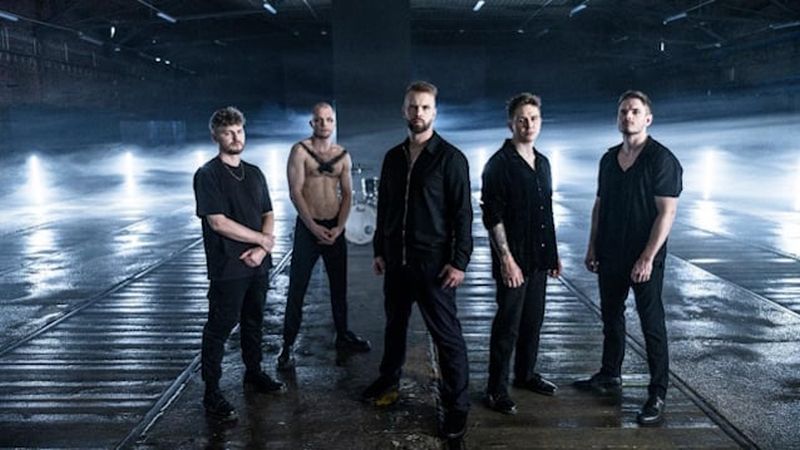
For some time several members of Leprous have been playing in the band from Ihsahn. Ihsahn is from the same city Notodden as well…
Yes he is from our home town and Einar is his brother in law. Ihsahn and his wife, both of them are the driving forces behind a lot of people starting to play in his band. They were one of the main reasons why me and Einar started playing in a band. It was after several years – I think it was in 2009 – that we started to play as Ihsahn’s backing band. That was great for us, because we started playing at big festivals and we got to know each other better.
That’s how I got to know Leprous. We were going to Brutal Assault festival and Leprous came first and then the same musicians plus Ihsahn played Ihsahn’s material…
Exactly. We played like 20 or 30 minutes and then we went off for five minutes and then we came back on stage to play with Ihsahn. That worked well for some years and during that time we weren’t touring that much ourselves, so it was a very good experience and we kind of got a lot of connections and contacts that we got benefit from after touring with Ihsahn, but then at some point we started to tour very much ourselves as well and as I said, at that point I had a full time job on the side to be able to afford to do music, so we didn’t have time to do both, being able to do Ihsahn every time he needed us and at the same time for Leprous as much as we at certain point could do. That is how we kind of realized that maybe we should chose… also we are still very good friends – it was just a matter of having time to do both projects.
When looking at the title ‘Melodies Of Atonement’, do you mean by atonement the feeling of stop fighting and embrace yourself and say ‘okay it is alright’ or do you mean melodies which are atonal?
More like embrace the situation as it is. We hadn’t kind of settled on the title of the album or the song ‘Atonement’ until late in the process. We were discussing what would make sense for this album when reading the lyrics. It is definitely not atonal, it is about kind of just accepting the situation and atonement in that way. A kind of go with the flow in a way and that’s also when we found the artwork for the album, because we wanted something which was kind of like eye-catching with lots of details although very small. That is how we ended up finding that picture, which is actually plankton floating in water which is instead of just fighting everything, just being at ease with how the situation is, just going along and see where it takes us.
What can you tell about the making of the video clips for ‘Atonement’ and ‘Silently Walking Alone’?
We have worked with the same production theme which is based in Wroclaw in Poland. Grupa 13 and they listened to the songs and the lyrics and the meaning behind it and they kind of interpret it into a suggestion which was a little bit back and forth with how we wanted it to be portrayed with the story behind but also at the end of the day, a music video is also about images which are both artistically and majestic. You can just listen to the song, but the clip may give the song an extra level, an extra element when you listen to the song without necessary every single detail of the video having a specific meaning from the lyrics. It is a representation, like a kind of layer to give the music an extra addition. Then the video for ‘Silently Walking Alone’ is obviously starting out with walking alone or running, then after a while meeting up with the rest of us. I have to say that the pictures in that really spectacular place made it a very interesting day and a very interesting photo shoot. But then again, making these videos when compared to making music, is kind of boring. A lot of just waiting the whole day. It is always interesting when you see the results, then you can see if you have reached the goal.
Is there something you want to add or tell about the concept or the theme of the lyrics?
I guess I kind of mentioned it already, what we meant with atonement. Accepting the conditions as they are instead of always fighting without knowing what you are actually fighting against, a kind of adapting to your surroundings. At least that is what I am thinking about it. I am not sure, because Einar actually wrote the lyrics for ‘Atonement’ and I am not saying that it is 100% what he meant with it, but that is the nice thing with art, poetry and music and lyrics. You can make your own interpretation from it and it can mean whatever you want it to. I have to accept how different people wants to experience the music and also interpret the music. That is always interesting to see, because people always have their opinions and interpret it in their own way. Sometimes I pretty much agree, but sometimes it is like ‘I don’t see at all what they are talking about’. (laughs) It is interesting to hear other people’s perspectives on those things.
In the info sheet it was said that it is a heavy record, but I think maybe more heavy in an intellectual way, such as bands like Tool…
That is definitely a compliment. I just saw Tool a couple of days ago at Tons of Rock festival and that was a great show, one of my favourite bands. I definitely take that as a compliment.
What are the plans for the near future?
Well, I have to think, because obviously I know a lot of plans, but I am not necessarily always sure on what we already can release in the press. I am pretty sure that around the release date late August, we are going on a US tour, a pretty big one and Canada. North America thus. Then we already released some pretty big shows that we will do in Spring next year. We do a European tour then. We play in Tilburg in the Netherlands. It is funny, it is in venue 013 and that was actually the first venue that we ever played, also the first venue on the first European tour that we ever did, which was when we were support for Therion in 2010. So that makes it special. We played there several times after on lots of festivals and stuff, but it is always fun to go back.
